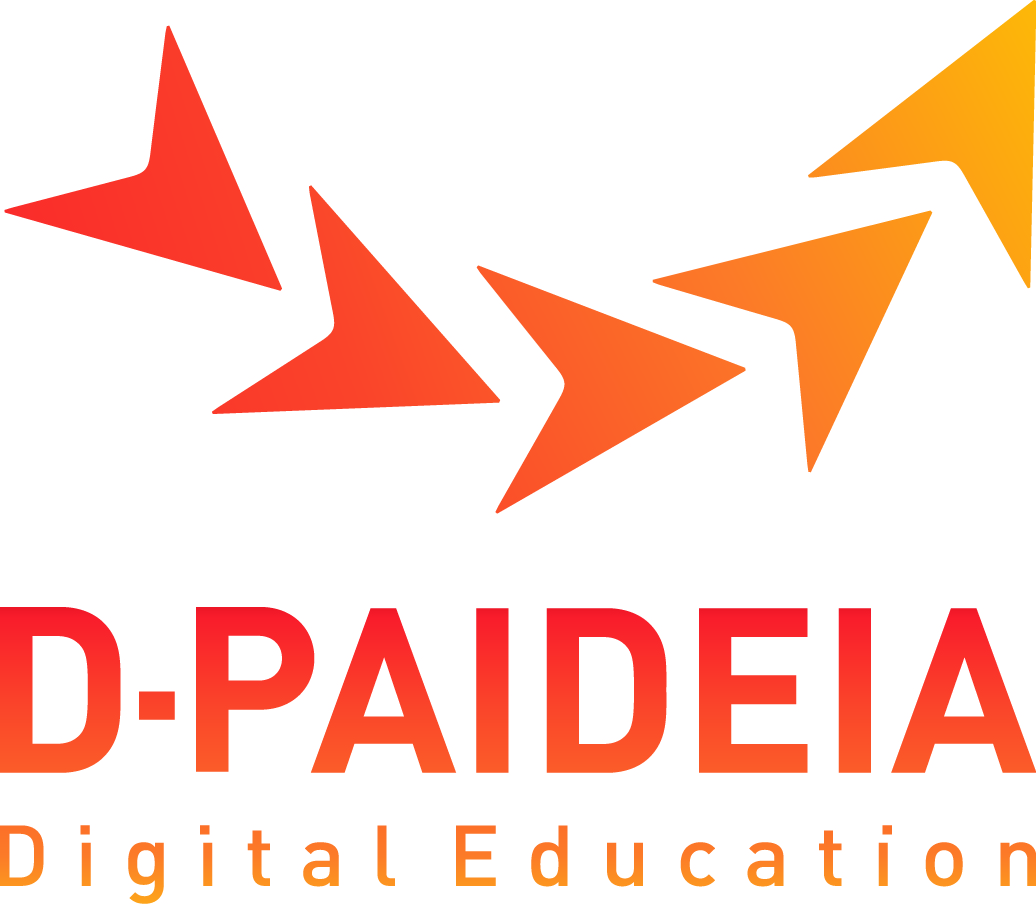UNIVERSITAT DE GIRONA
The University of Girona (UdG) is a public higher education institution located in Girona city and has been part of the Catalan public university system since 1992. Deeply rooted in Catalonia and the Catalan culture, the UdG is one of the primary economic and cultural motors of the region, while simultaneously pursuing a vocation of universality and openness to all traditions and cultures. The UdG is devoted to excellence in teaching and research that strives to contribute to the development and progress of society through the creation, transmission, dissemination and review of knowledge related to sciences, technology, humanities and arts. Research at the UdG is carried out in more than 100 research groups associated with 22 departments and 12 research institutes. A considerable part of this research is conducted in international contexts, where the UdG has gained wide experience in the management and coordination of international and European grants. The UdG has signed the “Charter for Higher Education 2014-020” to be able to apply and/or participate in the “Erasmus+ EU programme for education, training, youth and sport” and has signed a commitment to welcome and supports the recommendation of the European Commission 2005/251/EC on “The European Charter for researchers” and “The code of conduct for the recruitment of Researchers”. The research group from the University of Girona that is going to be involved in the project is UdiGitalEdu (http://udigital.udg.edu). Its team develops projects in the fields of Education, Technology and International Development with a multidisciplinary approach and a focus in social inclusion; team members have very different research backgrounds, from both the Science&Technology and the Humanities. UdiGitalEdu designs learning experiences for children and young people by combining Technology, Science and Art, with the purpose of encouraging creativity, critical thinking and teamwork. The group especially focuses on newly arrived migrant children and underserved communities. In addition to all this background, the research group has significant experience in the topic of the proposal (digital competence of teachers) for different reasons: (1) different members of the team are professors in the area of educational technology at the Universitat de Girona and have teaching in teacher training (including the educational technology intensification of bachelor’s degrees; (2) some research members have experience in competitive research projects (Catalan and Spanish) on teachers’ digital competence; and (3) one of the members participates in governmental commissions on the topic, together with the other stakeholders.

